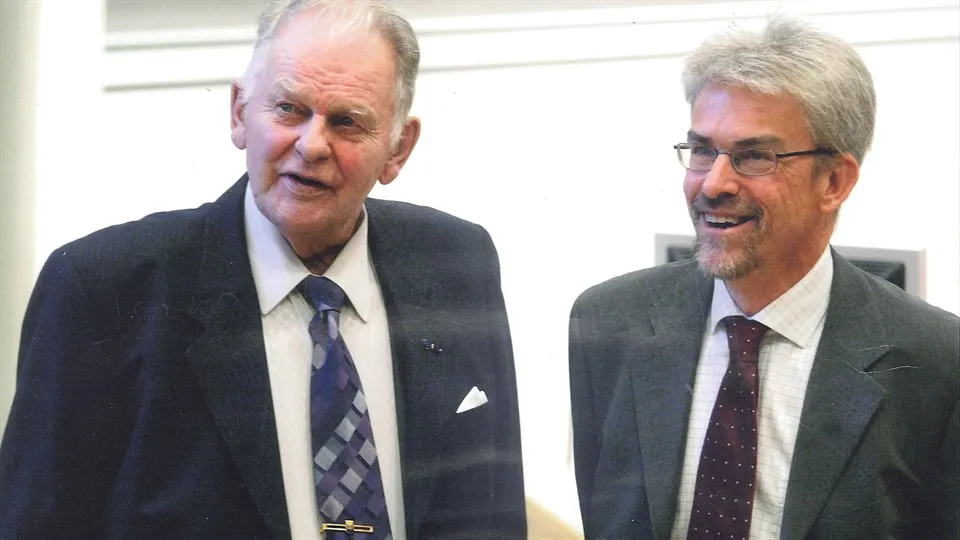DEMICOM Becomes Mid Sweden University’s First Research Centre | 2006 |
Which posts do we share the most on Facebook? Which strategy is the most effective one during an election campaign? And how is an economic crisis covered in the media? The researchers at DEMICOM have the answers.
DEMICOM, the Centre for Study of Democracy and Communication, is Mid Sweden University’s first research centre. It was founded in 2006; only a year after the university college became a full university. The ambition was to develop the scientific knowledge about democracy and communication.
However, DEMICOM’s history goes further back than that. As early as 1997, its predecessor, an independent organisation known as the Institute of Democracy, was formed. Its first two chairpersons were both well-known politicians – Margot Wallström and Marita Ulvskog. Among other things, the Institute of Democracy organized the Sundsvall Democracy Week, an annual event that attracted politicians and debaters as well as the public. Basically a kind of Almedalen in Norrland.
The researchers at DEMICOM have over the years published around 500 articles, books, chapters in books, reports and debate articles in fields like political communication, journalism, communication within organizations and media development. Their activities have received a lot of attention, among other things in terms of strategies for election campaigns, media coverage of economic crises, communicative leadership and changing media use patterns.
– Recently, for example, two of the researchers published a work that was heavily cited in the media. It was a report that dispelled the myth that it is trivial topics that are most frequently shared on social media. To the surprise of many, the report showed that politics and social issues are actually more frequently shared on these platforms, says Lars Nord, centre leader and professor of Political Communication.
During the spring of 2014, an international group of experts evaluated the research centre and gave it the highest grade “excellent” in all of four areas: quality of the research, extent of the research, participation in international networks and influence on the social debate.
